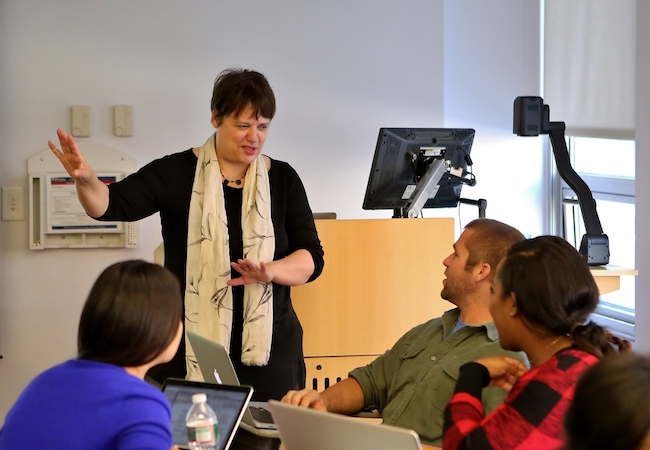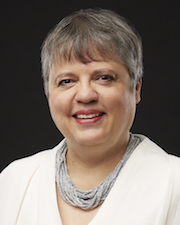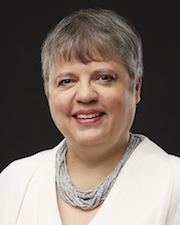New honor for pioneering faculty member Yasmin Kafai

Yasmin Kafai, the chair of Penn GSE’s Teaching, Learning and Leadership division, has been named the inaugural Lori and Michael Milken President’s Distinguished Professor in Education.
“For many years Lori and Michael Milken and Milken Family Foundation have generously supported the innovative work we do at Penn GSE. I am especially grateful for their latest gift, which recognizes Yasmin Kafai’s crucial contributions to the learning sciences, especially concerning girls and coding.” - Pam Grossman
World-renowned in the field of learning sciences, Professor Kafai decodes the complicated ways that young people use computer programming to learn.

“I’m fascinated with the idea of looking at kids as designers, and seeing what kinds of tools and opportunities we can create that support children and youth of all ages to engage with coding,” says Kafai. “I’m particularly interested in activities where kids have reservations about participating, and using what they already love doing to stretch their imaginations – as well as their ideas of what they can accomplish.”
Kafai joined Penn GSE in 2008. At the core of her work is a passionate interest in understanding how kids learn, especially by leveraging aspects of creative play. Early in her career, she taught programming by interesting kids in the creation of their own video games. Together with colleagues at the MIT Media Lab, she helped develop scratch.mit.edu, the world’s largest programming community for kids – which also hosts the largest collection of games designed by kids for kids.
Kafai continues to be at the forefront of computer learning. One facet of her current research, funded by the National Science Foundation, explores ways to harness the power of the maker movement to both improve computer science education and bring more women and underrepresented minorities into the field. Hundreds of students and their teachers in the Los Angeles public schools learn about computing by making electronic textiles, where they design and stitch circuits with conductive thread and program sensors. Based on this work, the introductory curriculum will be released next year for free by Exploring Computer Science, a national project with over 2,000 participating computer science teachers.
The timing of her new chair also coincides with an exciting new phase for Kafai’s research – exploring the world of synthetic biology and bio-design. Considered less a natural science and more of a design science, synthetic biology is the design and construction of new biological entities such as enzymes, genetic circuits and cells for useful purposes. Kafai feels that the field holds enormous promise, and is excited by the idea of bringing it to schools, especially to students who would not normally have access to these design activities in their classrooms.
She is working with Orkan Telhan from Penn’s School of Design and Karen Hogan from Biology with a $300,000 National Science Foundation grant aimed at creating low-cost, portable bio-maker labs and curriculum for high school students. Kafai has found that designing with biology is a natural extension of her work around computer coding.
On February 17, 2018, she will host a Penn GSE conference for high school teachers, tool designers, and public policymakers to think about what direction biology design should take in K-12 education.
It’s clear that Kafai is propelled by a pioneering spirit to harness and understand the building blocks of learning in intriguing new ways. She is equally motivated by the idea of creating new learning horizons for under-represented children – horizons that they might never have experienced without Kafai’s own sparks of curiosity.

